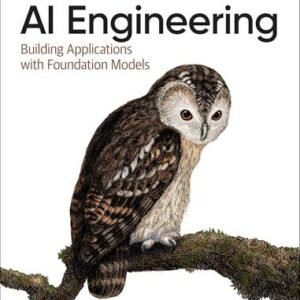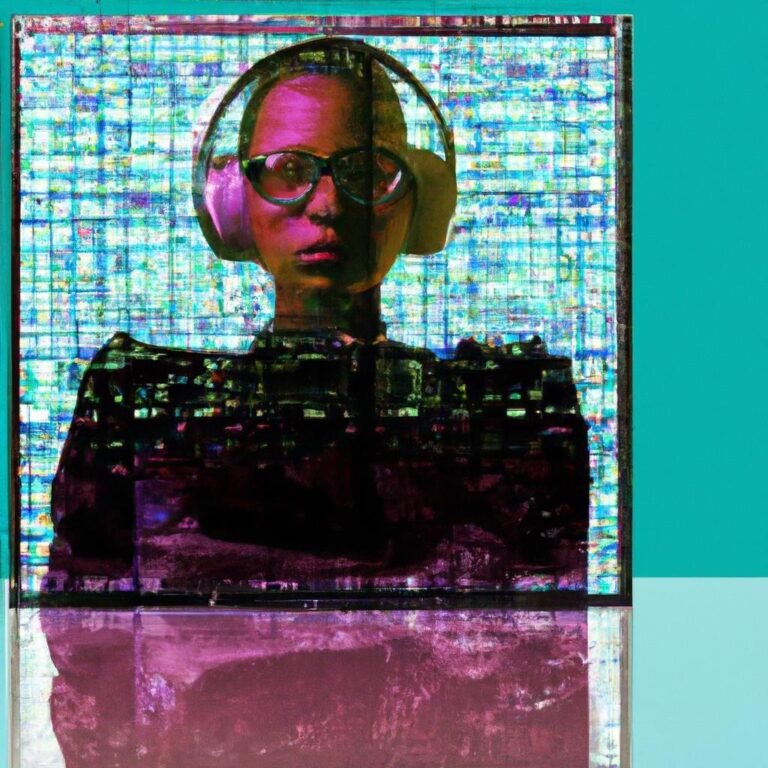As we navigate through the 21st century, the music industry stands on the brink of a revolution—one punctuated by innovation and creativity. At the center of this transformation is artificial intelligence (AI), a game-changing force that is reshaping the way music is produced, distributed, and consumed. From algorithm-driven composition tools that assist artists in crafting their next hit to AI-powered platforms that personalize listener experiences, the influence of technology is resonating like never before. This article delves into the ways AI is redefining musical landscapes, exploring both the opportunities and challenges it presents. Join us as we uncover how this powerful technology is not only transforming the sound of music, but also the very essence of the music industry itself.
Table of Contents
- Understanding AIs Role in Music Creation and Production
- The Evolution of Music Distribution: How AI is Shaping Accessibility
- Artist Empowerment through AI: Tools for Creative Independence
- Navigating Ethical Considerations: Balancing Innovation with Copyright Protection
- Key Takeaways
Understanding AIs Role in Music Creation and Production
The integration of artificial intelligence into music creation and production has revolutionized how artists and producers approach their craft. By utilizing algorithms and machine learning, AI tools can generate melodies, harmonies, and even entire songs, often in mere minutes. This capability allows musicians to explore new genres and styles, as AI can analyze vast databases of existing music to inspire fresh ideas. Some key benefits of leveraging AI in music production include:
- Enhanced Creativity: AI can provide unexpected combinations of sounds and structures, pushing artists beyond their usual boundaries.
- Time Efficiency: With the ability to quickly remix and generate tracks, musicians can focus more on their artistic vision rather than the technical aspects.
- Personalization: AI can tailor music based on listener preferences, creating a more engaging experience for fans.
While the advantages of AI are plentiful, there are also significant implications for copyright and artistic expression. The rise of AI-generated music raises questions about ownership and the authenticity of creativity. As technology continues to evolve, many industry stakeholders are challenged to redefine their understanding of authorship and value in music. In fact, recent studies highlight some intriguing perspectives on this topic:
| Perspective | Industry Impact |
|---|---|
| AI as Assistant | Augments human creativity; enhances collaboration. |
| AI as Creator | Challenges traditional notions of how music is made. |
| AI in Copyright | Questions regarding who owns AI-created works. |
The Evolution of Music Distribution: How AI is Shaping Accessibility
As technology continues to advance, the music industry is undergoing a seismic shift in how artists share their work with the world. AI-driven platforms are now at the forefront of transforming music distribution, making it easier than ever for musicians to reach their audiences without the constraints of traditional gatekeepers. With tools like automated distribution services, artists can upload their tracks and have them available on multiple streaming platforms within hours. This level of accessibility not only democratizes the music landscape but also fosters diversity in genres and styles that might have previously gone unheard.
Moreover, AI algorithms play a crucial role in curating personalized listening experiences for users, adapting to their preferences and habits. This means that lesser-known artists can find their niche audience with the support of intelligent recommendations rather than relying solely on radio play or major label backing. Additionally, data analytics powered by AI allows artists to understand their fan base better, enabling them to create targeted marketing strategies. Here are a few notable impacts of AI on music distribution:
- Faster Release Cycles: Artists can get their music to market more quickly than ever.
- Enhanced Discoverability: Algorithms help users find new artists that match their tastes.
- Democratized Access: Independent musicians can distribute music without needing a record label.
- Tailored Marketing: Insights into listener behaviour enable targeted promotion.
Artist Empowerment through AI: Tools for Creative Independence
As the music industry evolves, new technologies are stepping in to redefine how artists create, produce, and promote their work. Today, AI-driven tools empower musicians to gain greater control over their craft. Artists can utilize software that suggests chord progressions, generates beats, or even helps with lyrics, all tailored to their artistic vision. This level of accessibility enables independent musicians to experiment with sound and style without the constraints of traditional studios or high production costs. Moreover, AI platforms can assist in mastering tracks, ensuring that artists maintain a competitive quality in their music while significantly reducing expenses.
The use of AI also revolutionizes marketing strategies, providing artists with powerful analytics to better understand their audience. By analyzing listening habits and engagement metrics, musicians can tailor promotions and reach targeted demographics effectively. Some notable tools include:
- Personalized Playlists: Systems that curate playlists based on listener preferences.
- Social Media Optimization: AI tools that suggest the best times to post or engage with fans.
- Data Analytics: Insights into fan interactions and music trends.
This blend of creativity and technological innovation not only enhances artistic expression but also democratizes the music landscape, promising a future where more voices can be heard.
Navigating Ethical Considerations: Balancing Innovation with Copyright Protection
As AI technology continues to forge new paths in music creation, the need for robust ethical frameworks grows ever more pressing. Artists and innovators find themselves at a crossroads, grappling with the implications of using AI-generated content while respecting the rights of original creators. This tension raises crucial questions: How do we honor the work of previous musicians? and What constitutes fair use in an era dominated by algorithm-driven artistry? To navigate these waters, key considerations must be addressed:
- Attribution: Ensuring that original creators receive credit for their work, even when transformed by AI.
- Compensation: Evaluating how royalties are distributed when AI tools utilize existing music tracks.
- Transparency: Maintaining clear guidelines around the use of AI technologies in creating music.
To further understand the interplay between innovation and copyright, insights can be gleaned from a comparative analysis of traditional versus AI-generated music copyrights:
| Aspect | Traditional Music | AI-Generated Music |
|---|---|---|
| Creation Process | Human composer | Algorithm-driven |
| Copyright Holder | Composer | AI developer or user? |
| Royalties | Set by agreements | Complex distribution model |
This evolving dialog emphasizes the necessity of a balanced approach that protects individual creativity while fostering technological advancement. It is essential for stakeholders in the music industry to come together and develop frameworks that not only support innovation but also safeguard the rights of original artists.
Key Takeaways
As we navigate the evolving landscape of the music industry, it’s clear that artificial intelligence is not merely a fleeting trend but a transformative force that is reshaping how we create, distribute, and consume music. From innovative songwriting algorithms to sophisticated analytics that help artists connect with their audiences, AI is opening up new horizons for musicians and fans alike.
While the challenges that accompany these advancements—such as concerns over copyright, authenticity, and the potential loss of the human touch—must be thoughtfully addressed, the overall potential of AI in music is undeniably exciting. As we look toward the future, it will be fascinating to see how this technology continues to evolve and influence the industry, unlocking unprecedented opportunities for creativity and collaboration.
“Transforming Tunes” is more than just a catchy headline; it heralds a new era in which technology and artistry harmonize to create soundscapes we have yet to imagine. As both artists and listeners embrace these innovative changes, one thing is certain: the melody of our musical journey will be forever altered, and we can’t wait to see where it takes us next. Stay tuned!





